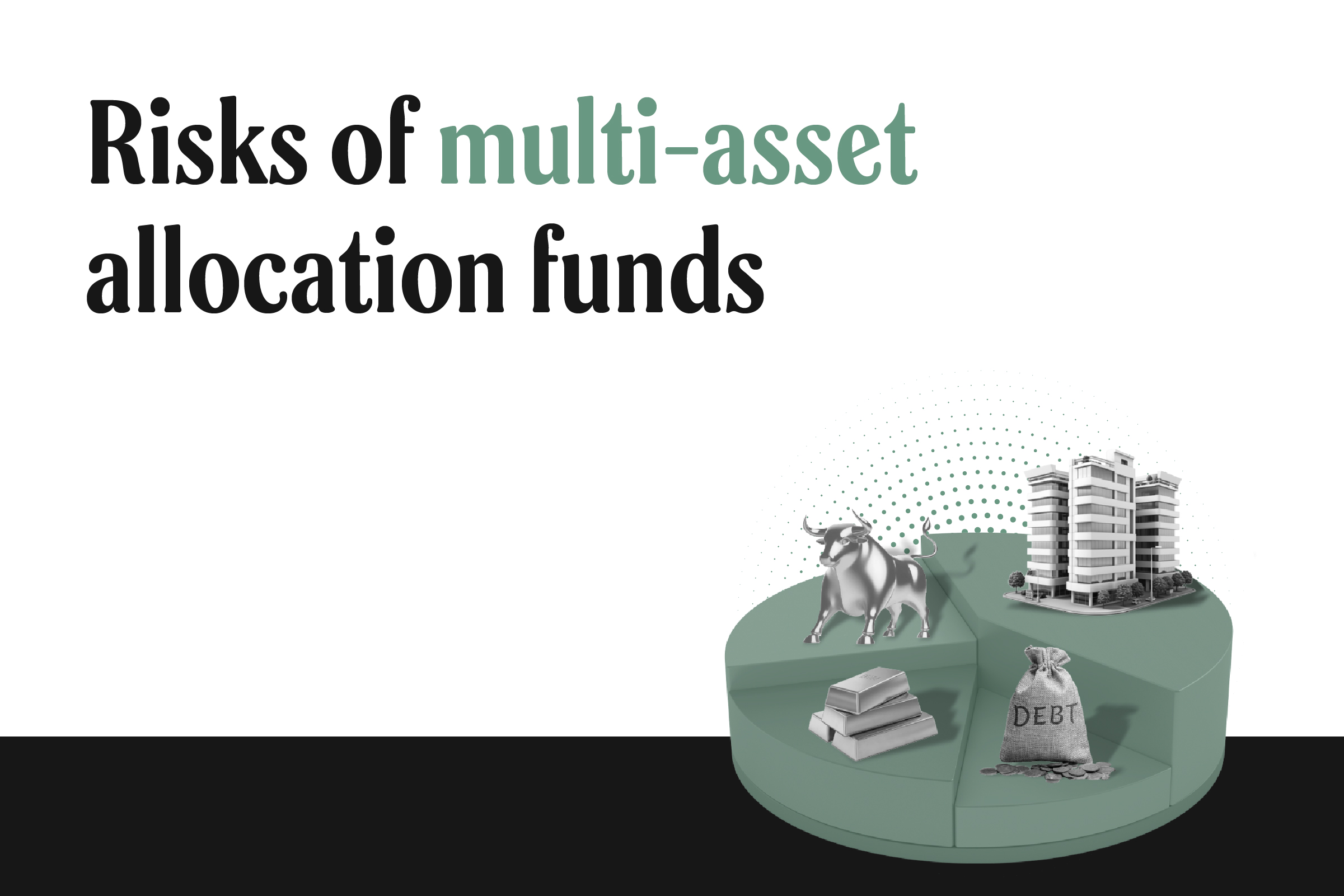1 Finance Blog
Discover financial wisdom on our blog for expert insights on personal finance, investing, and money management.

8 min read
How to invest in gold in 2025
Gold has clearly had a golden run lately but should your portfolio include it?

4 min read
Top 3 beginner credit cards in 2025: Lifetime-free credit cards with cashbacks, reward points, lounge access, and more
Whether you're looking to build credit or simply want value on everyday spends, these cards keep…

3 min read
Evaluating the Drawbacks of Credit Cards: Are They Truly Beneficial?
This post delves into potential drawbacks of credit card usage, providing examples to aid informed financial…

7 min read
Top 5 lifetime free credit cards in 2025: Find credit cards with zero annual fee
If you want a credit card that gives you rewards without charging any yearly fee, this…

5 min read
Section 80 Deduction List
Tax planning plays a vital role in managing your finances effectively. Amongst many deductions in the…

3 min read
PMS or Mutual Funds: Where Does an Unfair Advantage Lie?
When it comes to wealth creation, investors often find themselves choosing between Portfolio Management Services (PMS)…

3 min read
Are Cryptocurrencies Taxed in India? Understand the Rates, TDS and How to Calculate Tax on Crypto in India
Cryptocurrencies have gained popularity as a new form of digital asset due to their decentralised and…

7 min read
Health Insurance- Shield for your medical emergencies
The adage "Health is Wealth" is well known. With the breakout of COVID-19, which shook each…

9 min read
Investing in multi-asset allocation funds? Don’t just focus on returns, understand the risks as well
Know the risks of multi-asset funds, not just returns

6 min read
How to save tax for salary above ₹15 lakh
Earning over ₹15 lakh a year is a significant milestone. It reflects your hard work, dedication,…

8 min read
Real Estate in Gurugram – Prices, Affordability, Top Performing Markets and Future Trends
Located on the southwestern fringes of India’s capital, Gurugram, formerly Gurgaon has emerged as one of…

8 min read
Rupee hits all-time low: How falling rupee will impact your household budget, savings, investments
The rupee tumbled to a historic low, crossing the 88-per-dollar mark for the first time, triggered…


Discover your MoneySign®
Identify the personality traits and behavioural patterns that shape your financial choices.


